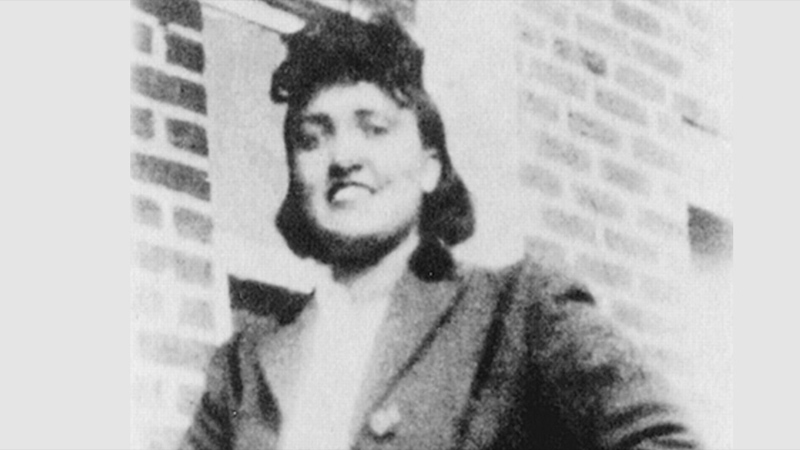
Let’s make amends for the ethical lapse in creating HeLa cells, says Nature
2020 marks the centenary of the birth of Henrietta Lacks
Henrietta Lacks
The year 2020 marks the centenary of the birth of Henrietta Lacks, the African-American woman who achieved a measure of immortality when some of her cells were used to create the first immortalized human cell line and one of the most important cell lines in medical research.
The story is well known. Ms Lacks, a mother of five, died in 1951 of an aggressive cervical cancer. Doctors at the Johns Hopkins Hospital, in Baltimore, had used samples of her tissue while diagnosing and treating her. And they gave some to a researcher without her knowledge or consent.
A 2010 New York Times best-seller by Rebecca Skloot, The Immortal Life of Henrietta Lacks, made the public aware of the unresolved ethical issues surrounding the HeLa cell line.
Now, in the light of the #BlackLivesMatter movement and a keener awareness of system racial injustice, Nature has published an editorial calling for tighter rules for consent to use tissue samples and “to acknowledge and undo the disparities that are baked into basic research — because the systemic racism that existed when Lacks’s cells were taken still exists today”.
“the extraordinary events of 2020 — the #BlackLivesMatter movement for racial justice, and the unequal toll of COVID-19 on communities of colour — are compelling scientists to reckon with past injustices. Some have called for a reduction in the use of HeLa cells in research, or even an end to their use entirely. The argument is that, because the cells were obtained without Lacks’s knowledge or consent (even though this was legal at the time), any use of them is unethical and perpetuates an injustice.”
Such measures seem too extreme to Nature, but it acknowledges that something must be done:
“The fact that Lacks’s cells were taken in a different era of consent will never justify what happened. The past cannot be undone, but we must acknowledge the wrongs of previous generations, and those wrongs that persist today. Justice must be done, and the time to start is now.”
The editorial fails to discuss how other biological samples have been used and abused – like the cells from aborted foetuses which were used to create other immortal cell lines.
Michael Cook is editor of BioEdge
Creative commons
https://www.bioedge.org/images/2008images/10-6-2018_Patrick_Hanrietta_Lachs_image_800x450.jpg
- How long can you put off seeing the doctor because of lockdowns? - December 3, 2021
- House of Lords debates assisted suicide—again - October 28, 2021
- Spanish government tries to restrict conscientious objection - October 28, 2021
